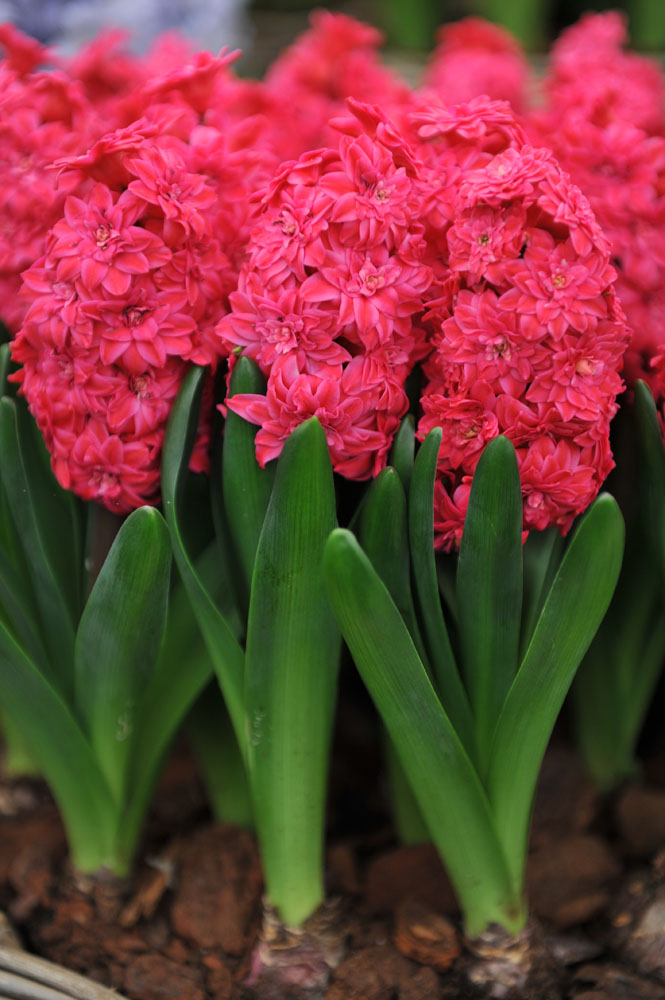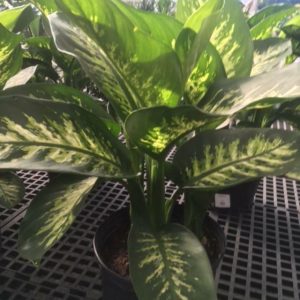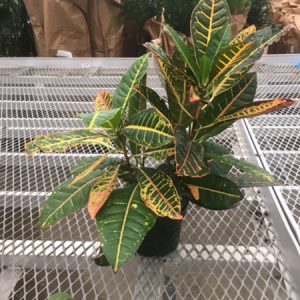Description
Hyacinthus – Hyacinth –
There are 3 species of bulbous perennials, in this genus. They occur in rocky limestone slopes and cliffs, to 8,200′ feet high, in Western and Central Asia. They are grown for their loose to dense racemes of strongly fragrant flowers, borne in spring. The semi erect, basal leaves, 6-14″ long, are strap shaped, channeled, and glossy, dark green and appear along with the flowers. All cultivars are derived from H. orientalis, and usually have racemes to 8″ long, closely packed with tubular-bell shaped, single or double flowers, to 1 ½” long. Closer in character to the wild species are the Muliflora and Roman cultivars, which produce several smaller, loosely flowered racemes, to 5″ long. They are now rarely grown.
Hyacinths are excellent for spring bedding displays in an annual mixed, or herbaceous border, or for forcing in containers, some are available specially prepared for early flowering indoors. All parts may cause stomach upset if ingested, contact with the bulb may aggravate skin allergies.
Outdoors, plant bulbs 4″ deep, a minium of 3″ apart in autumn. At northern limits of theis hardiness, plant 6-8″ deep. Grow in any well drained, moderately fertile soil in sun or partial shade. Protect container grown plants from excessive winter moisture.
Bulbs may be forced into early growth for indoor display in winter. Plant them with the tips just showing, in soil based potting mix in containers with drainage holes, use bulb fiber if planting in bowls. Keep in a dark place at a temperature above freezing but no higher than 45 degrees Fahrenheit, for at least 10 weeks to allow roots to develop. When the shoots are about 1″ long, increase light and temperate gradually. Water carefully, avoiding wetting the shoots or water logging the soil mix, damp conditions and poor drainage may encourage diseases. After flowering, forced hyacinths may be planted in the garden, where they will flower in subsequent years.
Prone to gray mold (Botrytis) and bulb rot.
H. orientalis – This poplar, bulbous perennial from Central and Southern Turkey, Northwestern Syria and Lebanon grows 8-12″ tall. It produces linear to lance shaped, channeled, bright green leaves, 6-14″ long. In early spring it bears erect racemes of up to 40 tubular-bell shaped, waxy, very fragrant, single flowers, to 1 ½”’ long, pale violet-blue at the bases and almost white above, with spreading, then recurved lobes.
Zones 5-9
‘Hollyhock’ – bears double, bright crimson-red flowers




